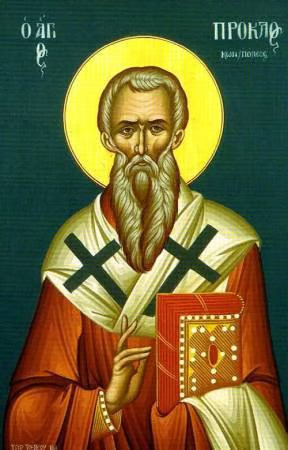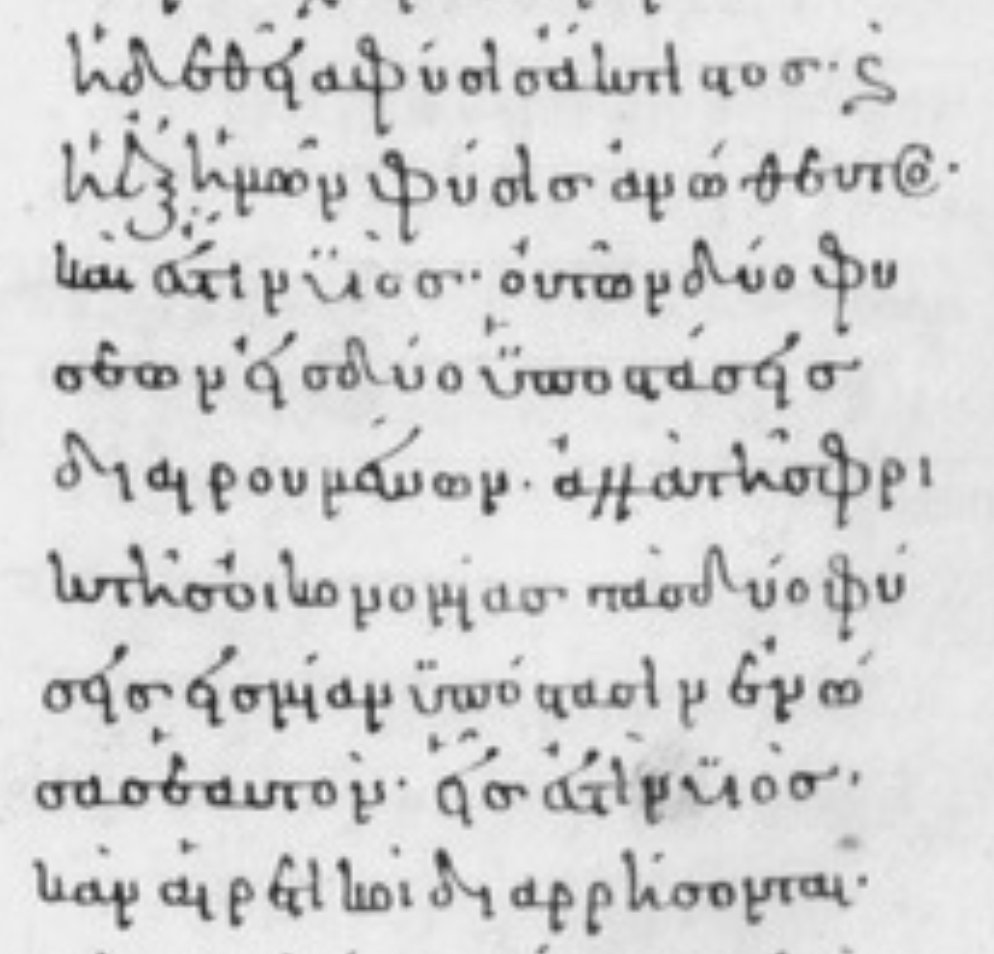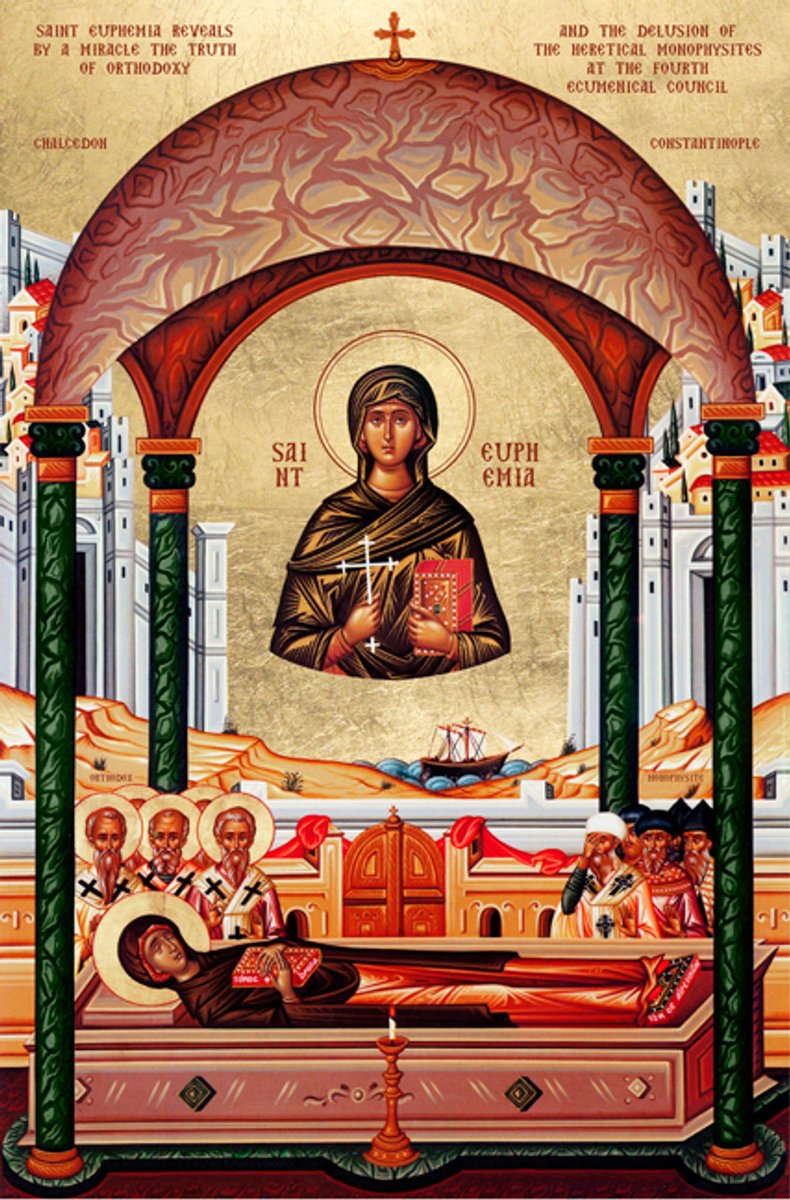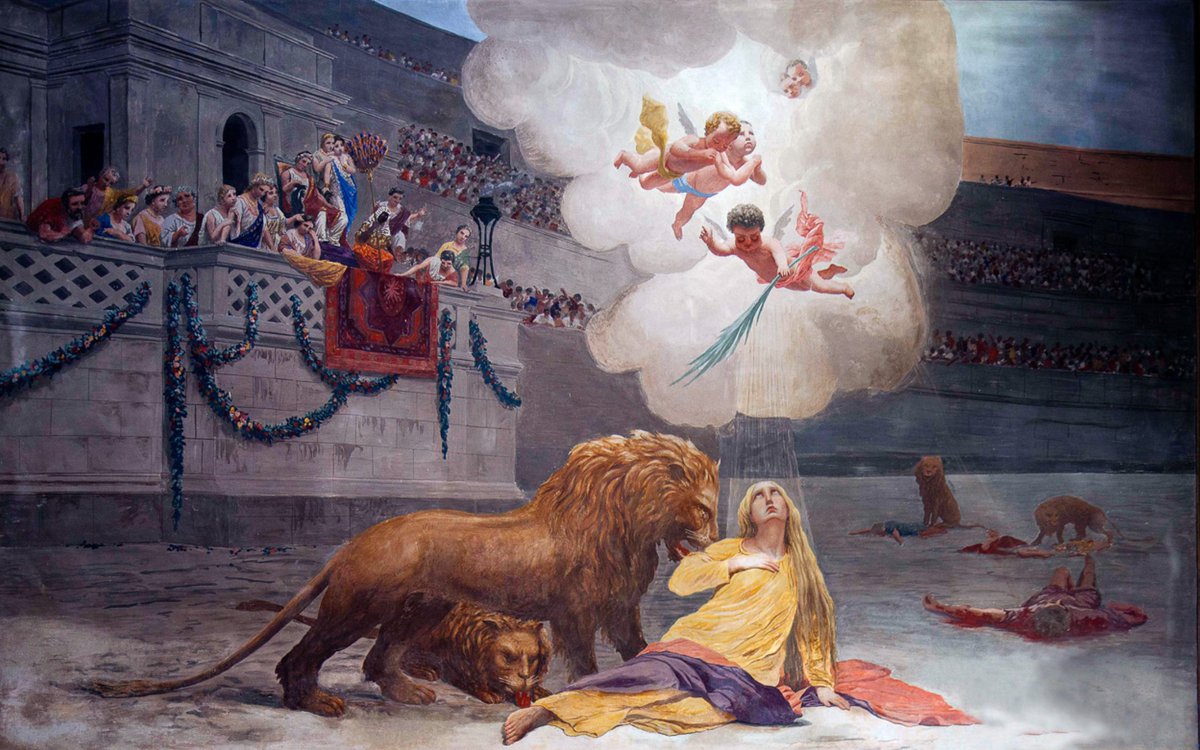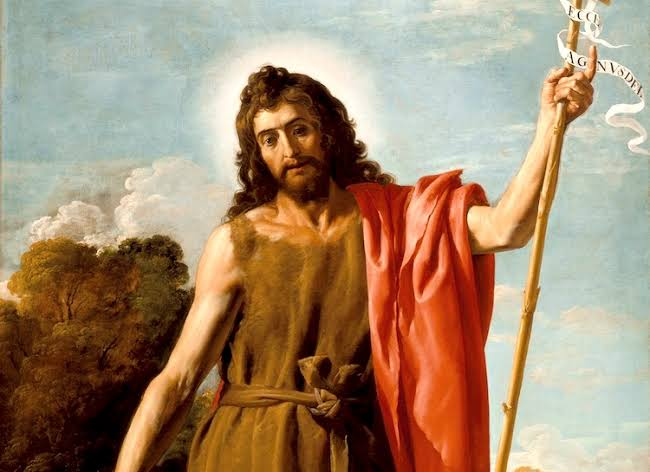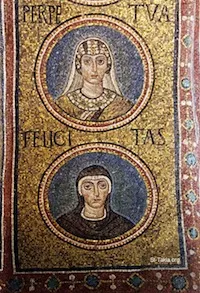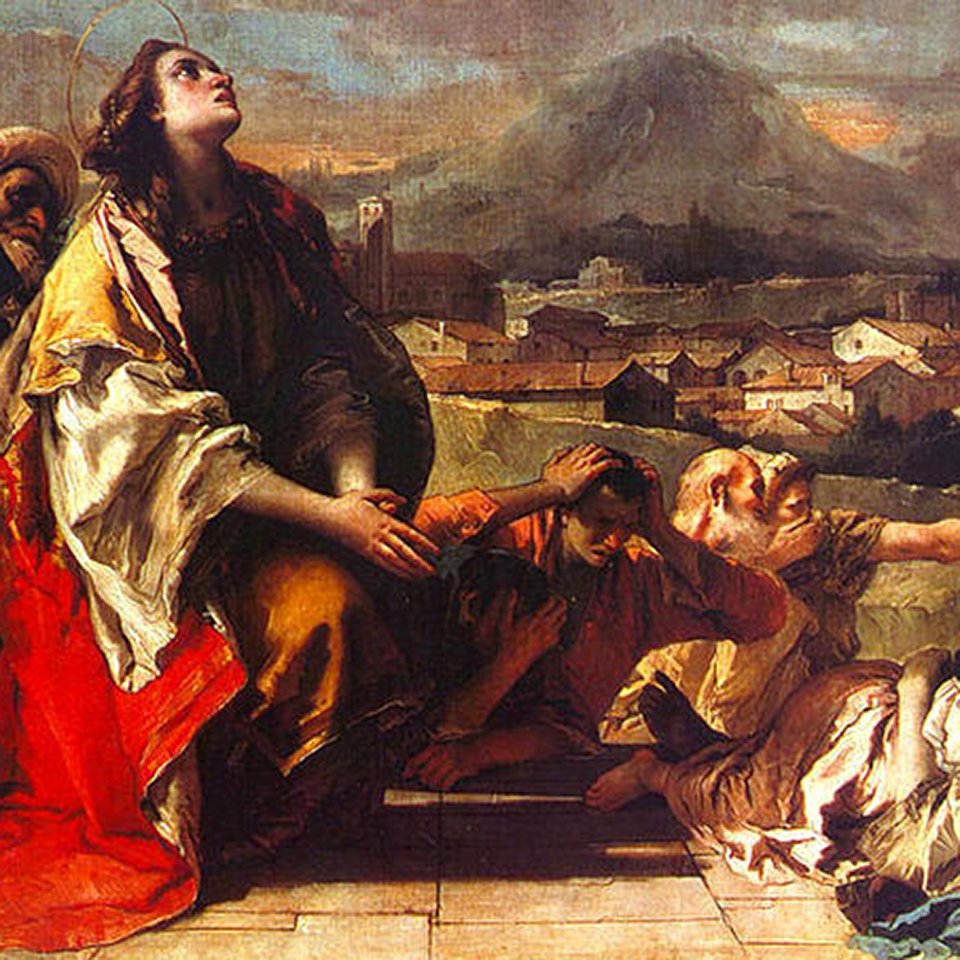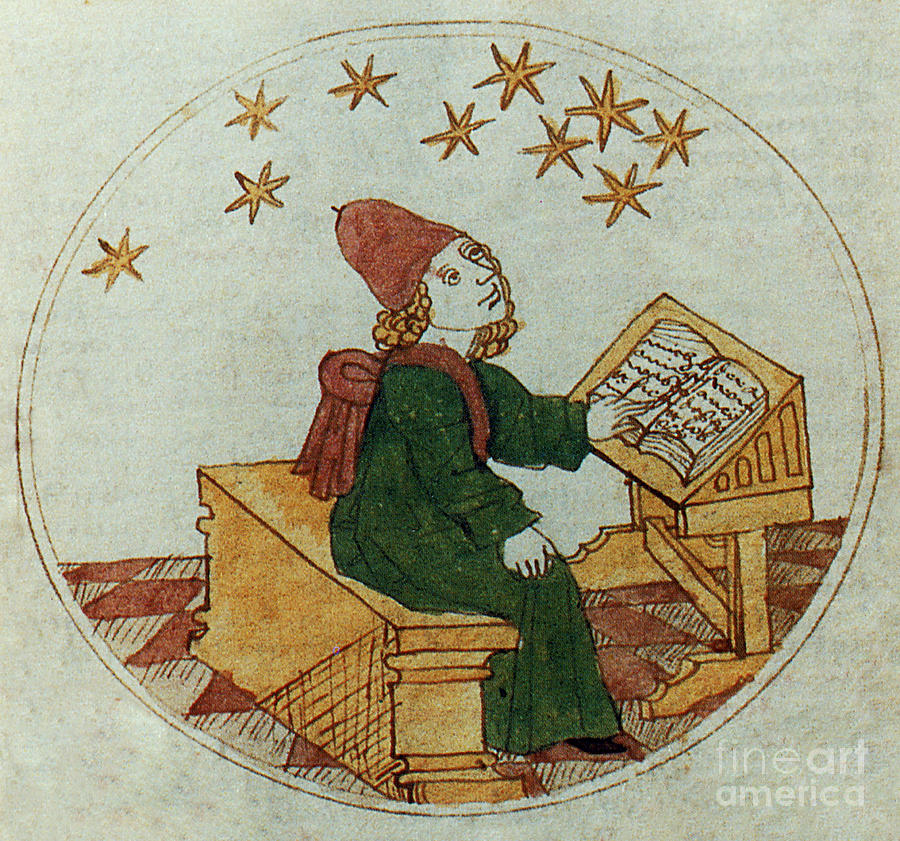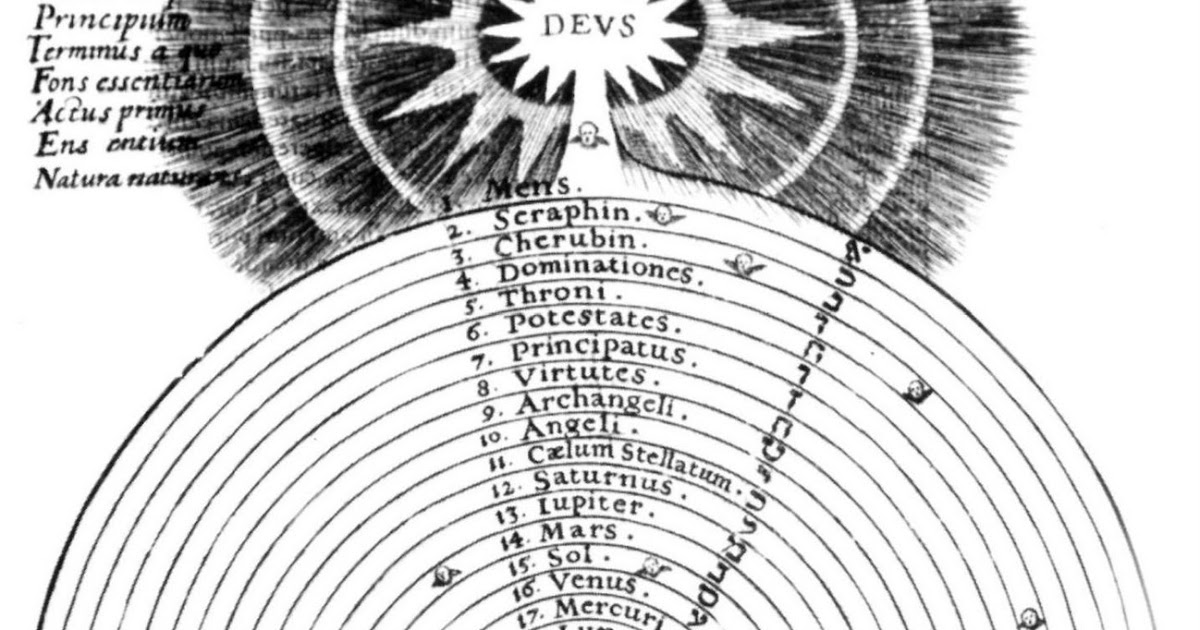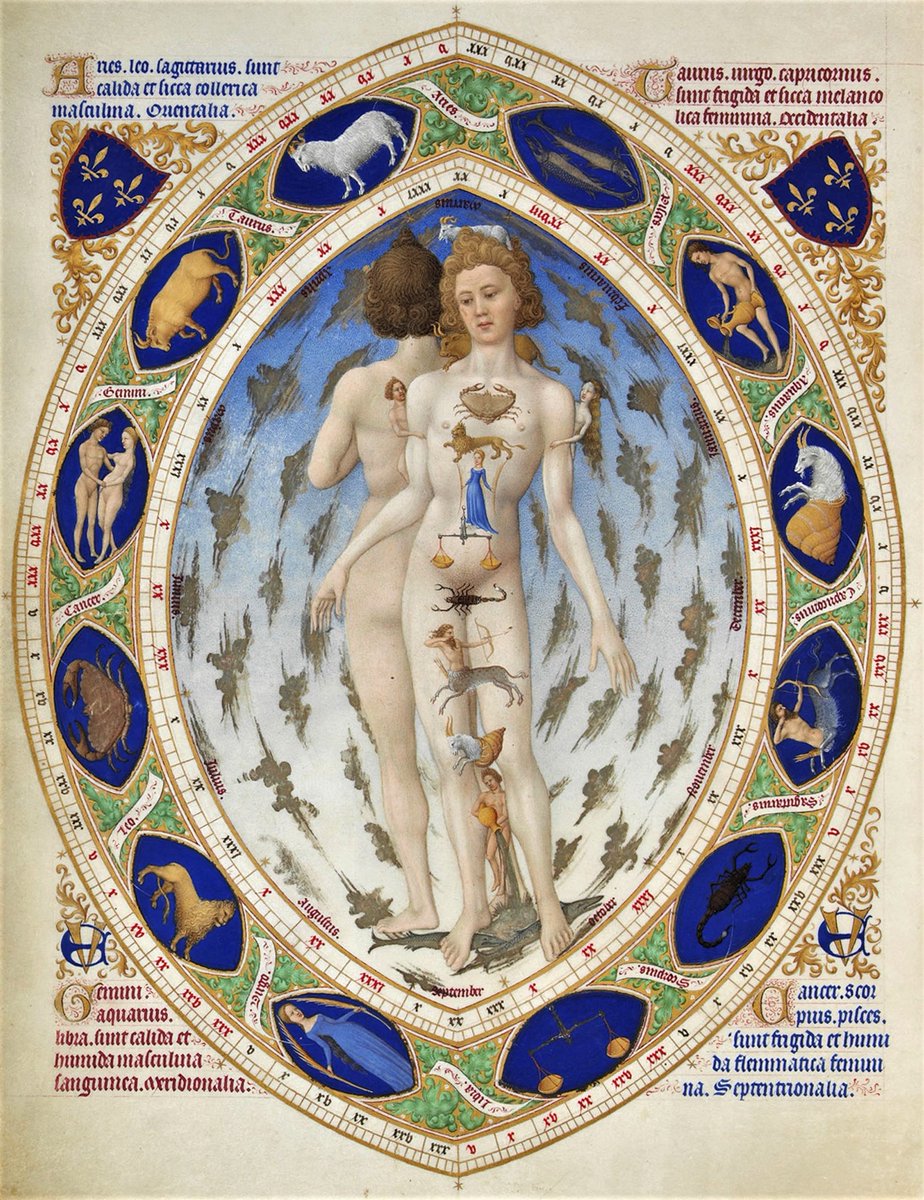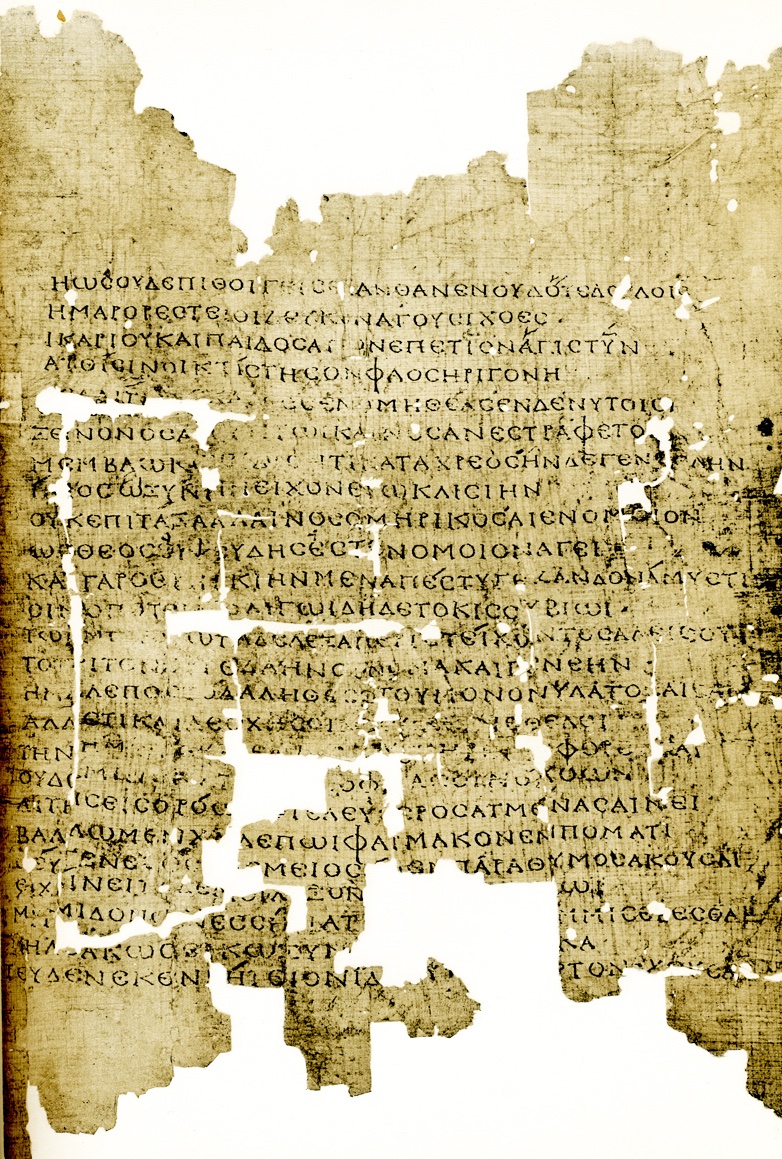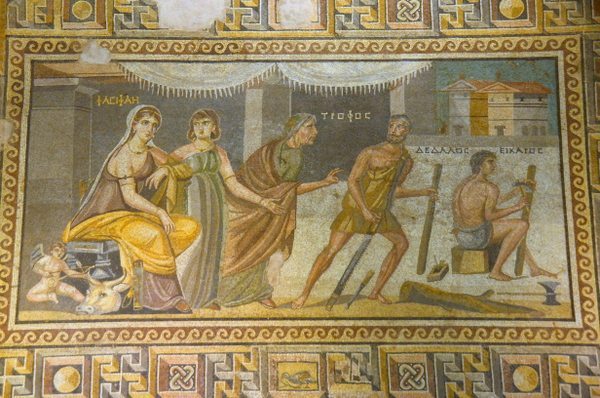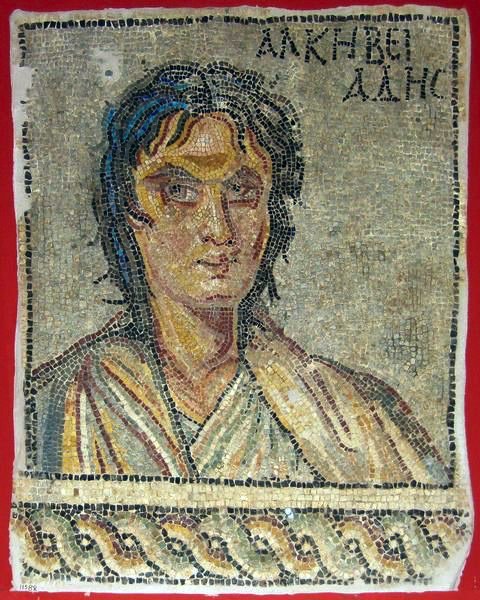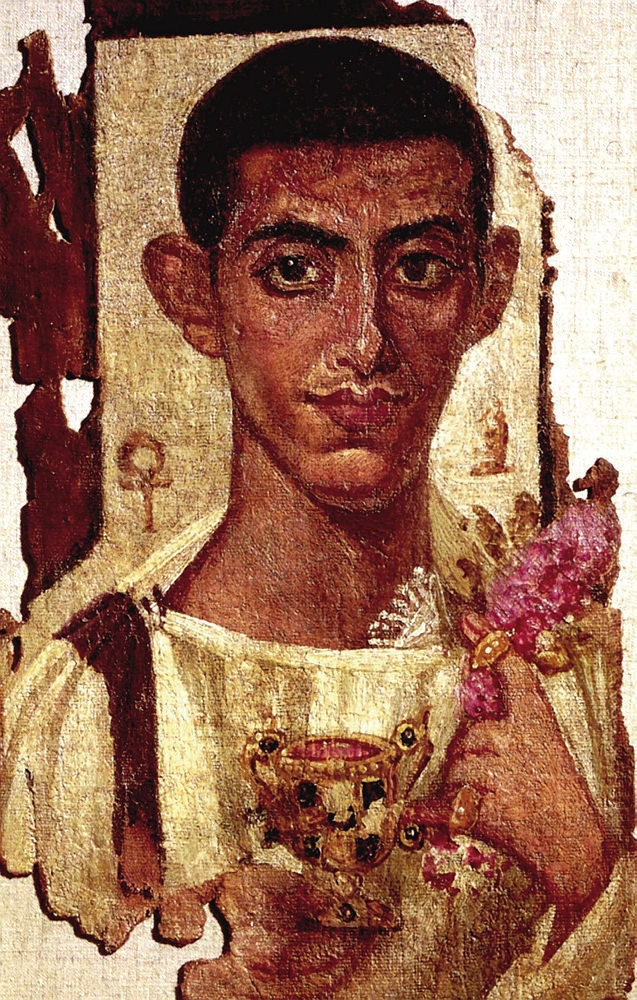Several things: I looked into the Coptic, and it indeed seems to say "hypostasis" and not "nature."
"We do not divide the natures into two Persons (ϩⲩⲡⲟⲥⲧⲁⲥⲓⲥ), but the two natures are one Person (ⲟⲩⲏⲡⲟⲥⲧⲁⲥⲓⲥ)." (British Museum Oriental 5001, fol. 126b, col. 2)
This corresponds closely to the extant Greek of Proclus:
"Οὐ τῶν δύο φύσεων εἰς δύο ὑποστάσεων διαιρουμένων, ἀλλὰ ...εἰς μίαν ὑπόστασιν ἑνώσας." (Par. Gr. 1491, 203r)
This is Chalcedonian theology, because it shows that the union occurs within "one hypostasis" and not within "one nature". Τhe same idea is repeated in Sermon 24:
"There was a union of two natures in one Sonship and Lordship." (δύο γὰρ φύσεων γέγονεν ἔνωσις εἰς μίαν υἱότητα καὶ κυριότητα)
Par. Gr. fol. 202r
"We do not divide the natures into two Persons (ϩⲩⲡⲟⲥⲧⲁⲥⲓⲥ), but the two natures are one Person (ⲟⲩⲏⲡⲟⲥⲧⲁⲥⲓⲥ)." (British Museum Oriental 5001, fol. 126b, col. 2)
This corresponds closely to the extant Greek of Proclus:
"Οὐ τῶν δύο φύσεων εἰς δύο ὑποστάσεων διαιρουμένων, ἀλλὰ ...εἰς μίαν ὑπόστασιν ἑνώσας." (Par. Gr. 1491, 203r)
This is Chalcedonian theology, because it shows that the union occurs within "one hypostasis" and not within "one nature". Τhe same idea is repeated in Sermon 24:
"There was a union of two natures in one Sonship and Lordship." (δύο γὰρ φύσεων γέγονεν ἔνωσις εἰς μίαν υἱότητα καὶ κυριότητα)
Par. Gr. fol. 202r

Regarding Sermon 24, your reading of Martin's assessment of the manuscript tradition is mistaken.
Martin is not saying that the Syriac manuscript tradition of Sermon 24 (De nativitate Domini) is superior to the Greek, but that the Greek of *Sermon 23* (De dogmate Incarnationis), as reflected in the Parisinus Graecus 1491, is an adaptation of an original homily given during Lent, the original version of which is preserved in the Syriac and Coptic. Preachers in antiquity quite often tended to recycle their homilies (e.g. the 38th and 45th Orations of Saint Gregory the Theologian). That's what he's talking about.
Martin actually says that the Greek of Parisinus Gr. 1491 is *closer* to the Vat. Syr. 368 than to the Melkite manuscript Orient. Brit. 8606.

Martin is not saying that the Syriac manuscript tradition of Sermon 24 (De nativitate Domini) is superior to the Greek, but that the Greek of *Sermon 23* (De dogmate Incarnationis), as reflected in the Parisinus Graecus 1491, is an adaptation of an original homily given during Lent, the original version of which is preserved in the Syriac and Coptic. Preachers in antiquity quite often tended to recycle their homilies (e.g. the 38th and 45th Orations of Saint Gregory the Theologian). That's what he's talking about.
Martin actually says that the Greek of Parisinus Gr. 1491 is *closer* to the Vat. Syr. 368 than to the Melkite manuscript Orient. Brit. 8606.

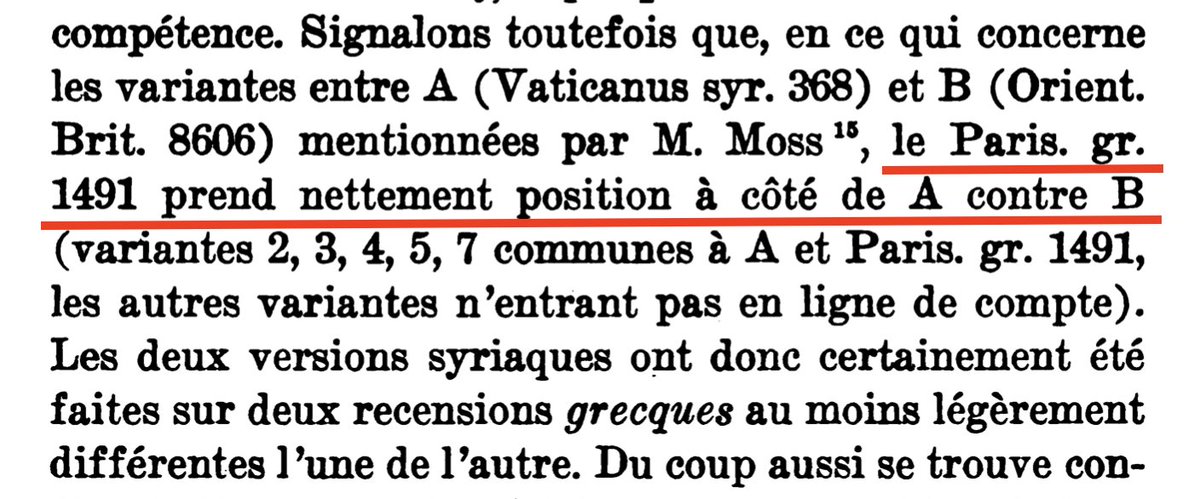
I found Moss' article and translation of the variants in the passage of Sermon 24 that concerns us.
You are correct to the extent that the Syriac does not say "in two natures" but simply "two natures" (btw, Moss' translation says 'two natures, divine and human', but this does not appear to be accurate, as the text says ܐܠܗܘܬܐ and ܐܢܫܘܬܐ, which I take it are nouns, not adjectives)
So let's go with this. Here is now the complete passage, modified to reflect the Syriac:
"He who was born was not a mere man (ψιλὸς ἄνθρωπος), O Jew, nor a bare God (γυμνὸς Θεός). If Christ was a mere man, how did the Virgin remain a virgin after childbearing? We therefore understand one Christ — two natures of divinity and humanity, one and the same Lord Jesus Christ, the Only-begotten Son"
A major difference is that the Greek says ἕνα νοοῦμεν Χριστόν, where the Syriac has "we understand Christ", missing the word "one".
Notice also that the Greek has θεότητος τε καὶ ἀνθρωπότητος in the simple genitive, not *ἐκ* θεότητος τε καὶ ἀνθρωπότητος ("from divinity and humanity").
How can we retrovert the Syriac into Greek while doing the least possible violence to the manuscript witnesses and to the sense of the passage? I think @SubDeaconDaniel is on the right track to read "Christ two natures" as a sort of appositional genitive. My hunch is that the original read:
Ἕνα νοοῦμεν Χριστὸν δύο φύσεων
This can be one of two things: a possessive genitive or a genitive of quality. In other words: "We understand one Christ (having) two natures" or "We understand one Christ (consisting of) two natures". But not "We understand one Christ (produced from) two natures".
The reading ἕνα Χριστὸν δύο φύσεων is also supported, surprisingly, by some fragments of Amphilochius of Iconium. The authenticity of these fragments does not strictly concern us at the moment, but notice the expressions used:
Ἕνα Ὑιὸν δύο φύσεων, παθητῆς τε καὶ ἀπαθοῦς
One Son of two natures, passible and impassible.
Χριστὸς ὁ Υἱὸς τοῦ Θεοῦ, ὁ δύο τελείων φύσεων εἷς Υἱὸς
Christ the Son of God, the One Son of two perfect natures.
Ἕνα μὲν τὸν Υἱὸν τoῦ Θεοῦ δύο φύσεων φημί
I say that the Son of God of two natures is One.
My reading is also supported by the context of the quote. Proclus is not insisting on the unity of the natures here, but on the fact that Christ is fully both: "He is not a mere man...nor a bare God...[but] One Christ having two natures." If we said "One Christ produced from two natures", the polemical thrust of the passage would be blurred. His point is that Christ is both fully man and fully God.
It looks to me that the phrase ἐν δύο φύσεσιν μετὰ τὴν ἕνωσιν is likely a later Chalcedonian reformulation/gloss, but, in light of the above, it is not really contrary to the original thought of the author.
You are correct to the extent that the Syriac does not say "in two natures" but simply "two natures" (btw, Moss' translation says 'two natures, divine and human', but this does not appear to be accurate, as the text says ܐܠܗܘܬܐ and ܐܢܫܘܬܐ, which I take it are nouns, not adjectives)
So let's go with this. Here is now the complete passage, modified to reflect the Syriac:
"He who was born was not a mere man (ψιλὸς ἄνθρωπος), O Jew, nor a bare God (γυμνὸς Θεός). If Christ was a mere man, how did the Virgin remain a virgin after childbearing? We therefore understand one Christ — two natures of divinity and humanity, one and the same Lord Jesus Christ, the Only-begotten Son"
A major difference is that the Greek says ἕνα νοοῦμεν Χριστόν, where the Syriac has "we understand Christ", missing the word "one".
Notice also that the Greek has θεότητος τε καὶ ἀνθρωπότητος in the simple genitive, not *ἐκ* θεότητος τε καὶ ἀνθρωπότητος ("from divinity and humanity").
How can we retrovert the Syriac into Greek while doing the least possible violence to the manuscript witnesses and to the sense of the passage? I think @SubDeaconDaniel is on the right track to read "Christ two natures" as a sort of appositional genitive. My hunch is that the original read:
Ἕνα νοοῦμεν Χριστὸν δύο φύσεων
This can be one of two things: a possessive genitive or a genitive of quality. In other words: "We understand one Christ (having) two natures" or "We understand one Christ (consisting of) two natures". But not "We understand one Christ (produced from) two natures".
The reading ἕνα Χριστὸν δύο φύσεων is also supported, surprisingly, by some fragments of Amphilochius of Iconium. The authenticity of these fragments does not strictly concern us at the moment, but notice the expressions used:
Ἕνα Ὑιὸν δύο φύσεων, παθητῆς τε καὶ ἀπαθοῦς
One Son of two natures, passible and impassible.
Χριστὸς ὁ Υἱὸς τοῦ Θεοῦ, ὁ δύο τελείων φύσεων εἷς Υἱὸς
Christ the Son of God, the One Son of two perfect natures.
Ἕνα μὲν τὸν Υἱὸν τoῦ Θεοῦ δύο φύσεων φημί
I say that the Son of God of two natures is One.
My reading is also supported by the context of the quote. Proclus is not insisting on the unity of the natures here, but on the fact that Christ is fully both: "He is not a mere man...nor a bare God...[but] One Christ having two natures." If we said "One Christ produced from two natures", the polemical thrust of the passage would be blurred. His point is that Christ is both fully man and fully God.
It looks to me that the phrase ἐν δύο φύσεσιν μετὰ τὴν ἕνωσιν is likely a later Chalcedonian reformulation/gloss, but, in light of the above, it is not really contrary to the original thought of the author.
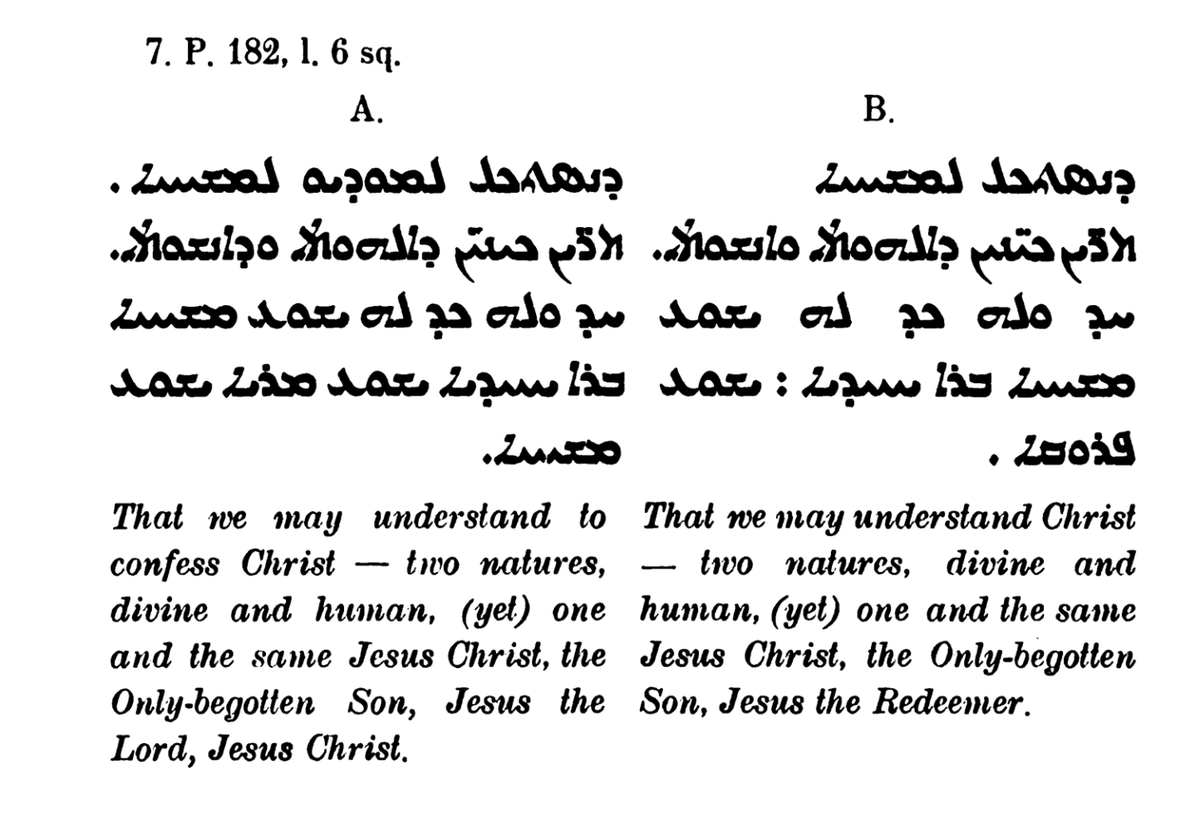
You also wrote: "I agree when he says, 'the natures are not divided into (two) hypostases' because they are one hypostasis and exist as such in one subsistence." This is precisely Chalcedonian dogma. Two natures individualized in one subsistence.
Finally, I have not forgotten your question regarding the Tome to the Armenians, but I need some time to research that properly. I was busy working on the above.
Finally, I have not forgotten your question regarding the Tome to the Armenians, but I need some time to research that properly. I was busy working on the above.
I figured out why the Syriac lacks the word "one". The translator(s) misread the phrase ἕνα νοοῦμεν Xριστὸν ("we understand one Christ") as ἵνα νοοῦμεν Χριστόν ("that we may understand Christ"). Either that or the Greek copy they were working from already contained that mistake.
• • •
Missing some Tweet in this thread? You can try to
force a refresh


